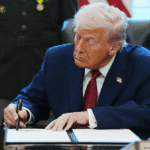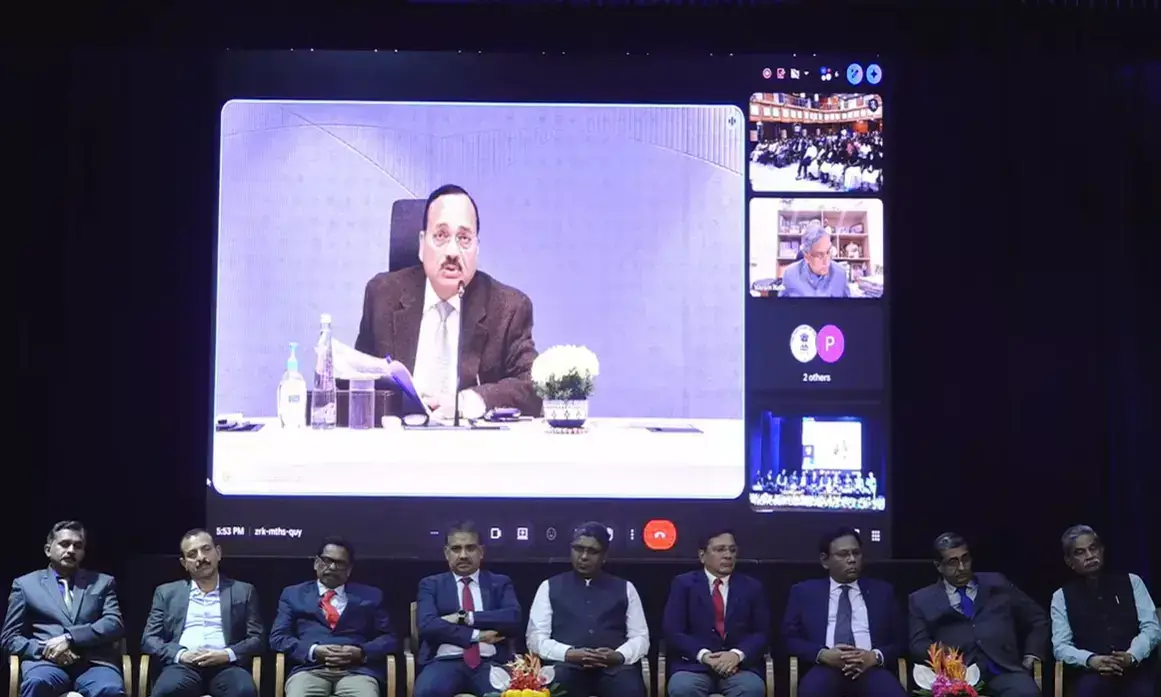Delhi Government Establishes Special Courts for People with Disabilities
Introduction
In a significant step towards inclusivity and justice, the Delhi government has announced the establishment of special courts specifically designed to cater to the needs of people with disabilities. This initiative aims to enhance access to justice for individuals facing various challenges and to ensure that their rights are upheld in the judicial system.
Objective of the Special Courts
The primary objective of these special courts is to provide a supportive environment for people with disabilities, ensuring that they can effectively participate in legal proceedings. These courts will focus on addressing cases related to crimes against individuals with disabilities, such as abuse, exploitation, and discrimination. By creating an accessible and accommodating atmosphere, the government aims to remove barriers that may prevent these individuals from seeking justice.
Features of the New Courts
The newly established courts will be equipped with facilities tailored to the needs of people with disabilities. This includes trained personnel who understand the unique challenges faced by these individuals. Additionally, the courts will provide assistive technologies, such as sign language interpreters, to facilitate effective communication during legal proceedings. The government’s commitment to inclusivity is evident in its approach to designing these courts.
Expected Impact on Society
The establishment of special courts is expected to have a profound impact on society. It sends a strong message about the importance of protecting the rights of people with disabilities and ensuring their equal treatment under the law. Moreover, it encourages victims to come forward and report crimes without fear of discrimination or insensitivity. This initiative aligns with broader efforts to promote social justice and equality in India.
Conclusion
The Delhi government’s decision to create special courts for people with disabilities marks a significant advancement in the fight for equality and justice. By prioritizing the needs of these individuals, the government is taking a crucial step towards building a more inclusive society.

Why This News is Important
Promoting Inclusivity in the Legal System
The establishment of special courts for people with disabilities is a landmark initiative that promotes inclusivity within the legal system. This move recognizes the unique challenges faced by individuals with disabilities and aims to create a judicial environment that is sensitive to their needs.
Addressing Vulnerabilities
People with disabilities are often more vulnerable to exploitation and abuse. By setting up dedicated courts, the Delhi government acknowledges this vulnerability and seeks to provide a safe space for victims to seek justice. This initiative can potentially lead to increased reporting of crimes and better legal outcomes for affected individuals.
Enhancing Access to Justice
Access to justice is a fundamental right. The new courts aim to bridge the gap in legal accessibility for people with disabilities. By providing trained personnel and assistive technologies, the government ensures that these individuals can navigate the judicial system more effectively.
Strengthening Legal Frameworks
This initiative contributes to strengthening legal frameworks that protect the rights of people with disabilities. It aligns with national and international commitments to uphold the rights of marginalized groups, thereby fostering a culture of respect and equality in society.
Fostering Awareness and Sensitivity
The establishment of special courts is also a step towards raising awareness about the issues faced by people with disabilities. It encourages society to become more sensitive to their challenges and fosters a culture of understanding and support.
Historical Context
The need for specialized courts for people with disabilities has been underscored by various national and international legal frameworks aimed at promoting the rights of individuals with disabilities. The Rights of Persons with Disabilities Act, 2016, enacted in India, emphasizes the importance of providing an inclusive environment for people with disabilities, ensuring their participation in society, and safeguarding their rights against discrimination and exploitation.
Historically, people with disabilities have faced significant barriers in accessing justice. Many have been subjected to violence and abuse, often without adequate legal recourse. This has highlighted the necessity for specialized legal mechanisms that cater specifically to their needs. The establishment of special courts is a progressive step towards addressing these historical injustices and ensuring that individuals with disabilities can access justice effectively.
Key Takeaways from “Delhi Government Establishes Special Courts for People with Disabilities”
| S.No | Key Takeaway |
|---|---|
| 1 | The Delhi government has established special courts for people with disabilities. |
| 2 | These courts aim to enhance access to justice for individuals facing disabilities. |
| 3 | Facilities will include trained personnel and assistive technologies like sign language interpreters. |
| 4 | The initiative addresses the unique vulnerabilities of people with disabilities, promoting their rights. |
| 5 | This move aligns with national and international frameworks for protecting the rights of marginalized groups. |
Important FAQs for Students from this News
1. What are the newly established special courts in Delhi?
The special courts in Delhi are designated judicial bodies created to cater specifically to the needs of people with disabilities, ensuring they have access to justice and can participate effectively in legal proceedings.
2. What types of cases will these special courts handle?
These courts will focus on cases related to crimes against individuals with disabilities, including abuse, exploitation, and discrimination.
3. How will these courts accommodate people with disabilities?
The courts will be equipped with trained personnel and assistive technologies, such as sign language interpreters, to create an accessible environment for individuals with disabilities.
4. Why is this initiative significant?
This initiative promotes inclusivity and acknowledges the unique challenges faced by people with disabilities, aiming to remove barriers in the legal system and strengthen their rights.
5. What legal frameworks support the establishment of special courts?
The establishment of special courts aligns with the Rights of Persons with Disabilities Act, 2016, and other national and international legal frameworks designed to protect and promote the rights of individuals with disabilities.
Some Important Current Affairs Links

















